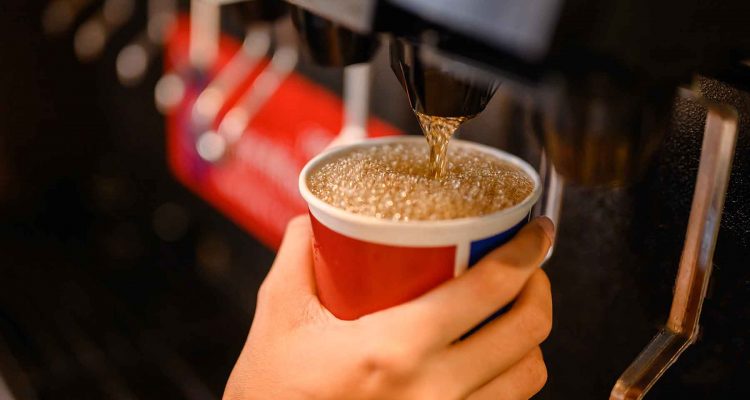
Popular drinks that increase cancer risk by 32% have been named
0
Fighting cancer is difficult, because cancer cells can multiply rapidly and penetrate different parts of the body before they are even detected. As scientists have found, if you eat right, the likelihood of developing this disease will decrease. However, there are very popular drinks that, when consumed regularly, increase the risk of cancer by 32%.
Bowel cancer kills tens of thousands of people in the UK every year, despite continuous efforts to diagnose and treat it. Cancer can strike at any time, but some lifestyle decisions can reduce your risk. A recent study has found that one extremely popular drink doubles your risk of developing bowel cancer.
Cancer is a difficult disease to overcome because cancer cells divide and multiply in the body at a high rate, penetrating other parts of the body before they are detected. Because of these initial advantages, the survival rate for cancer is lower than for other chronic diseases. However, studies show that if you eat right, the risk of developing cancer is reduced.
Recently, the medical journal Gut published the results of a study that suggests that sugary drinks increase the risk of colon cancer.
If you drink two or more servings of such sweetened drinks per day in adulthood up to the age of 50, the risk of developing colon cancer doubles. At least, this is the case for women.
To test the link between sugary drinks and bowel cancer risk, the researchers used information from 95,464 participants in the Nurses' Health Study 2, an ongoing monitoring study of 116,429 registered American nurses aged 25 to 42 that began in 1989. The women reported what they ate and drank by completing questionnaires every four years, starting in 1991. In addition, 41,272 participants in 1989 reported what and how much they drank as teenagers (ages 13 to 18).Scientists also collected information on potentially important influencing factors, including family history of bowel cancer, lifestyle, and regular use of aspirin, nonsteroidal anti-inflammatory drugs, and vitamin supplements.
In 1989, participants were also asked to recall their health, weight, and lifestyle in their youth.
During 24 years of follow-up, 109 women under the age of 50 developed bowel cancer. Taking into account potentially important risk factors, the researchers concluded that high levels of sugary drink consumption among adults increased the risk of developing the disease.
Compared with those who drank less than one serving of such drinks per week, women who consumed two or more servings per day were twice as likely to be diagnosed with bowel cancer. Each serving consumed daily increased the risk of the disease by 16%.
Among 41,272 nurses who reported drinking such drinks during adolescence, each serving consumed daily increased the risk of the disease by 32% by age 50.
Replacing sweetened beverages with artificially sweetened beverages, coffee, and skim or whole milk reduces the risk of bowel cancer before the age of 50 by 17-36%.
It is important to note that this study is observational, and as such, it can only establish an association, not a cause.
And given that the majority of the study participants were white women, its findings do not apply to men or other racial and ethnic groups, which scientists acknowledge.
However, they noted that there are compelling biological explanations for these findings. Sweetened beverages suppress satiety, promote excessive energy intake, and weight gain.
These beverages also cause rapid increases in blood glucose concentrations and insulin secretion, which over time contribute to insulin resistance, inflammation, obesity, and type 2 diabetes.
There is growing evidence that fructose disrupts the intestinal barrier function and increases its permeability, which also contributes to the development of cancer.
“Consumption of sugar-sweetened beverages contributes to an increase in the incidence of bowel cancer,” the study participants said.
They concluded that “reducing consumption of such beverages or replacing them with healthier beverages in adolescence and young adulthood may be an effective strategy to reduce the incidence of bowel cancer in people under 50 years of age.”
Bowel cancer has a number of symptoms
According to the National Health Service, more than 90% of bowel cancer patients have one of the following symptoms:
– Persistent changes in bowel function: a person has more frequent stools that become softer and even looser, and sometimes there is pain in the abdomen.
– Blood in the stool when absence of symptoms of hemorrhoids, which could be the cause of bleeding.
– Abdominal pain, discomfort and bloating after eating, which sometimes leads to a decrease in the amount of food eaten and weight loss.


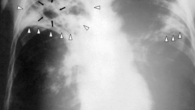
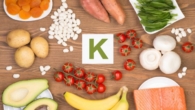
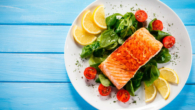

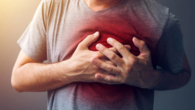

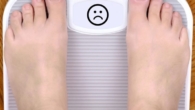
Leave a Reply